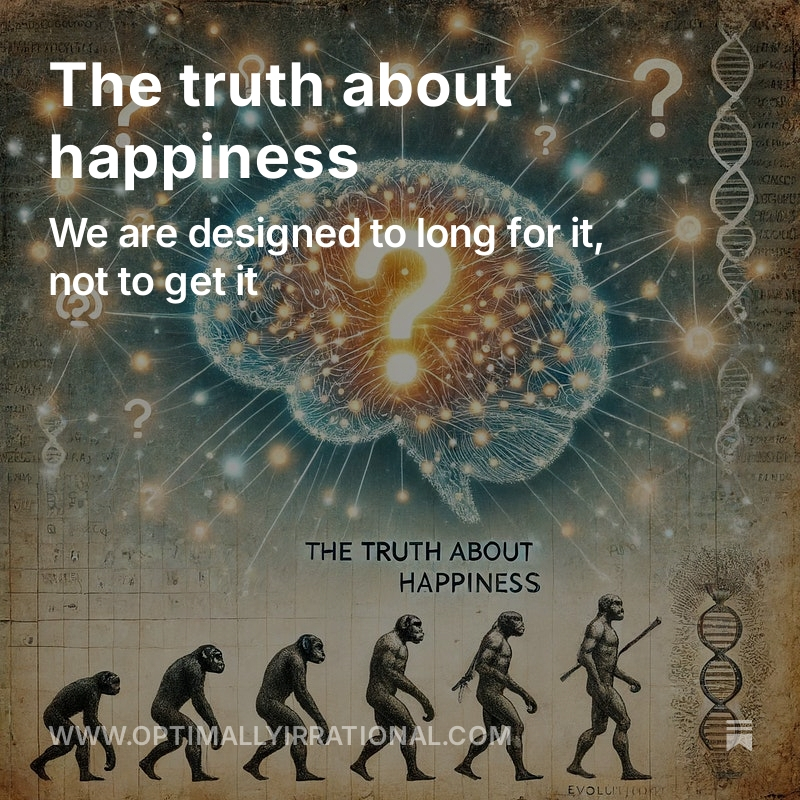In Italy, fascist groups used violence against political opponents to deter them and prevent them from seating in Parliament.
from Ebner's amazon.com/Ordinary-Viole…
from Ebner's amazon.com/Ordinary-Viole…

In France, militarised leagues went close to what seems a coup d'Etat in 1934, with riots generated by conspiracy theories around a corruption affair.
from Kalman's amazon.com.au/Extreme-Right-…

from Kalman's amazon.com.au/Extreme-Right-…


Eventually, Germany's and Italy's democracy decayed into dictatorships.
There is definitely a lesson from history: democratic institutions can fail and we should not take them for granted.
There is definitely a lesson from history: democratic institutions can fail and we should not take them for granted.

In that light, what is happening in the USA is worrying. We see the emergence of violence and intimidation by political groups. What happened to Kamala Harris' bus in Texas should ring alarm bells for a democratic country.
https://twitter.com/ericcervini/status/1322336226792321025?s=20
It was furthermore encouraged by the President himself. Encouraging violent militias is a strategy we see in authoritarian regimes to influence political events and retain limited accountability.
journals.sagepub.com/doi/10.1177/00…
journals.sagepub.com/doi/10.1177/00…

It is important to stress that what's happening is not comparable in magnitude to what happened in Europe in the 1920s-1930s. But the current events mark an erosion of democratic norms. US citizens attached to their institutions should recognise it as such.
(End)
(End)

• • •
Missing some Tweet in this thread? You can try to
force a refresh





















